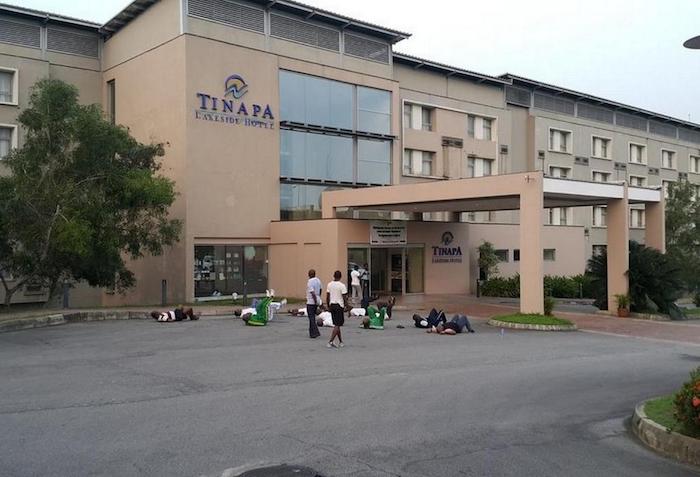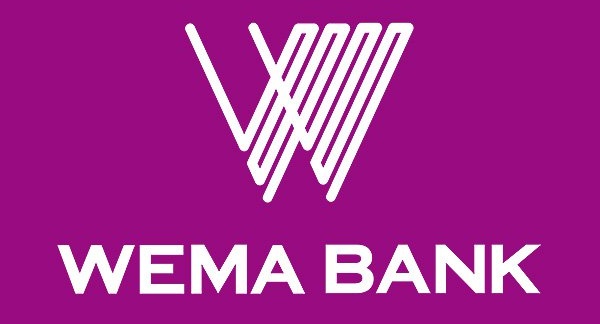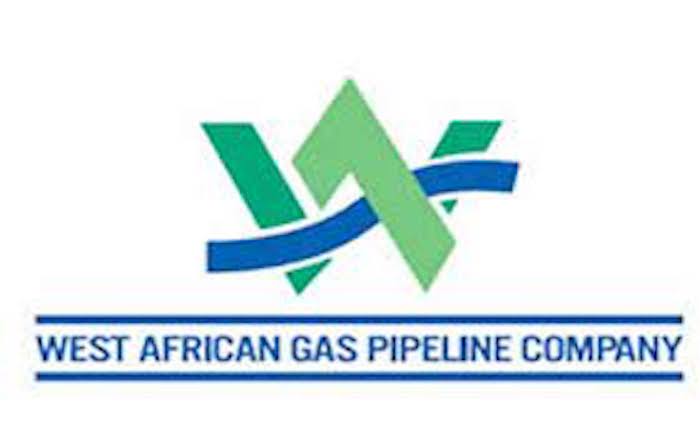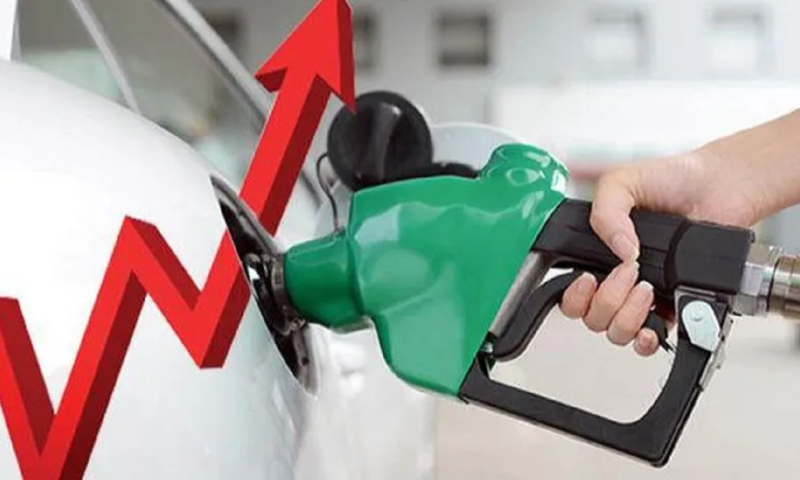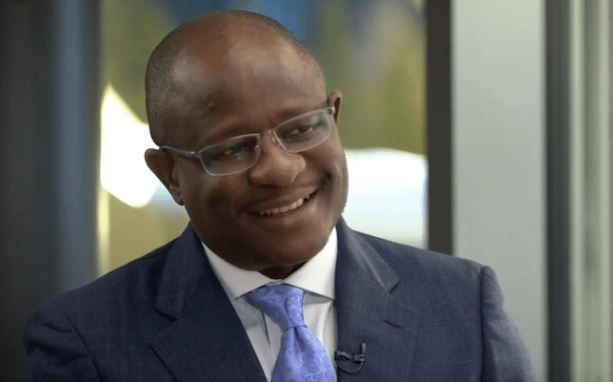Why $60bn Tinapa Investment Failed – Stakeholders
Stakeholders in the free trade zone in Nigeria say inconsistent government policies and lack of infrastructure led to the death of Tinapa Resort in Cross River State.
At the ongoing maiden edition of the Federal Airports Authority of Nigeria (FAAN) National Aviation Conferences (FNAC) with the theme: ‘Advancing the Frontiers of Possibilities for Safe, Secure and Profitable Air Transport,’ participants decried the sorry state of Tinapa, which they said would have boosted the Foreign Direct Investments (FDIs) into the country if the government had been consistent with its policies on the resort.
Speaking on the topic: ‘Special Economic Zones at the Airports and Trade Facilitation: Growing Revenue and the National GDP,’ speakers said that there was the need for policy harmonization by government agencies in order to ensure smooth growth.
Commenting,Mr. Obinna Emeazo, the General Manager, Vicven Integrated Services and one of the panelists lamented the massive rots in Tinapa, which he said was simply due to government summersaults and lack of infrastructure at the resort.
He said Tinapa was designed to flourish with the approval of $5,000 worth of goods for local consumers, but was later brought down to $330, thereby discouraging investors.
Emeazo decried that the change in policy by the government had negatively impacted on the country’s Gross Domestic Product (GDP), especially in the area of exports.
He said: “Tinapa Resort started well and so many investors were attracted by the benefits, but along the line, it was brought down to $330, which led to the dwindling of the growth of the resort.
“Everyone especially tourists go to Tinapa for shopping and enjoy their holidays. So, it is inconsistency on the part of the government. You brought out policies that attracted investors and in mid-way, you change such policy. If they have to focus on the special economic zones, we have to make it right. NEPZA must stand its feet and make it strong. The regulations must be strong.
“If you cannot manufacture, you cannot export. How much are you able to attract? When last did you hear about Tinapa? It is still at the elementary stage and one would have expected that it would have gone beyond that.”
Emeazo further lamented multiple regulations between FAAN and NEPZA as one of the major factors slowing down the growth of free trade zones in the country, stressing that both agencies had to harmonise their policies for the progress of the country.
“NEPZA has to show strong leadership and must be able to show strong collaboration with other agencies. You have the Federal Inland Revenue Service (FIRS), which is tax; there is still an argument on the tax investors enjoy. Some states still come to tell the investors to pay tax. They should be able to bring all the states together.
“In their board of directors, you see all the government agencies like customs, finance ministry, FIRS and others, yet you do not see a strong stakeholder like FAAN. At the level of implementation, FAAN will tell you it is against its own approval,” he said.


